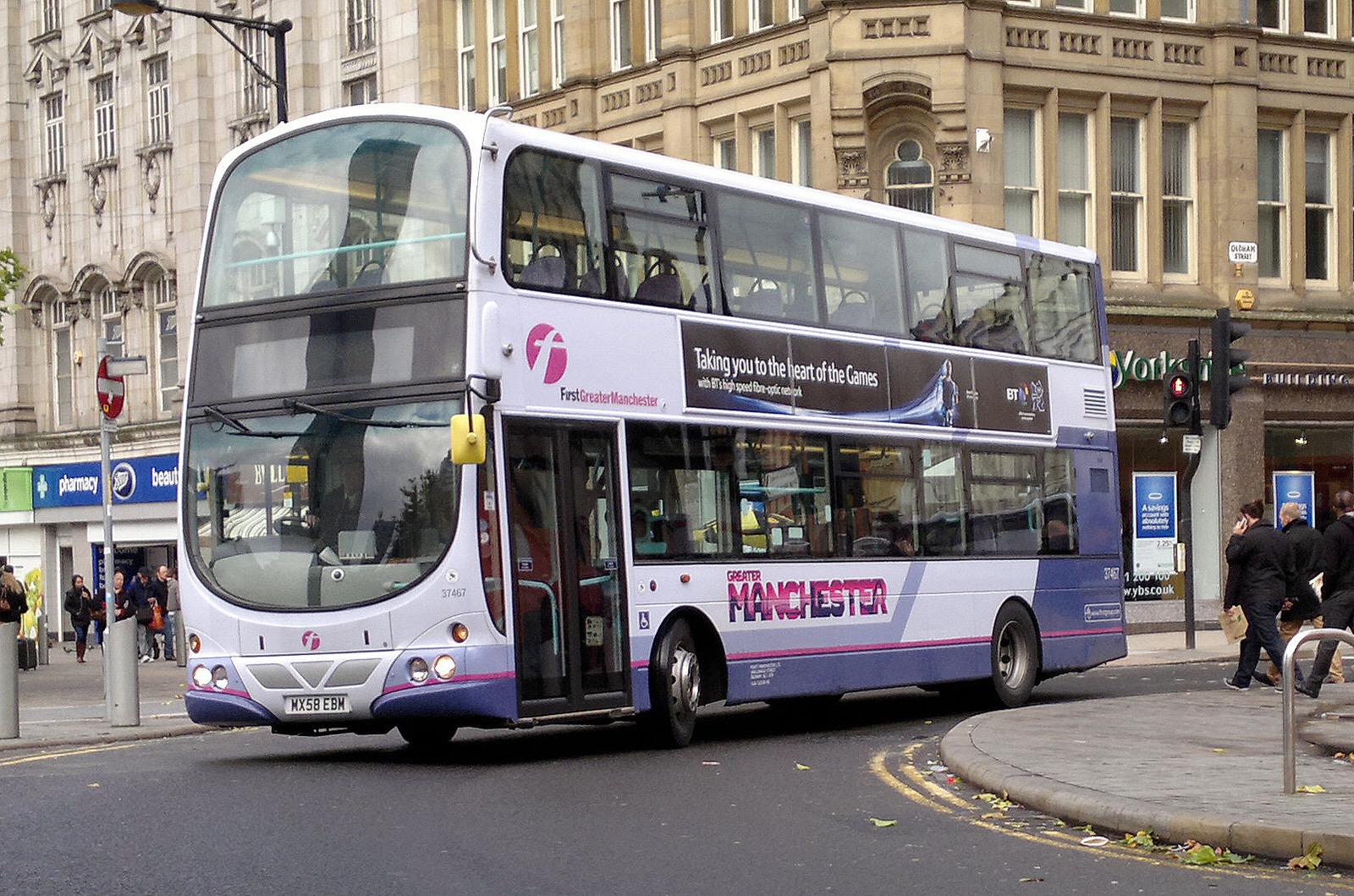Greater Manchester is facing unprecedented financial pressure on its bus services.
That’s the verdict of the region’s transport Chiefs as they attending a public meeting at Manchester Town Hall to reveal their latest budget proposals.
Andrew Fender, chair of the Transport committee, described it as the most challenging year for setting Greater Manchester’s budgets as all ten members of the Combined Authority are facing unprecedented pressures on their own individual budgets.
Steve Warrener, finance Director of Transport for Greater Manchester told the audience that they had faced some of the most difficult decisions yet over services.
TFGM relies on the funding it receives from the ten local authorities and with half of its expenditure, according to Warrener, “uninfluencable” for example in the amounts it pays to the rail franchises and costs of the English national concessionaire travel schemes.
With Concessionary passes being non negotiable, the organisation was left with difficult decisions over bus subsidies, school buses and staff costs.
The authority pledged last year to cut £18m per annum over the next two years in moves that have seen the cutting back of subsidised services, the removal of support for night buses, which are now run as wholly commercial operations and the loss of up to one hundred and twenty jobs. Which represented around twenty per cent of staff costs.
However there was some good news for travellers on the horizon as Andrew Fender revealed in an answer to a question from the floor that he was optimistic that from 2017, the consequences of the local devolution deal signed last year could well see a London model for bus services which could do away with the current deregulated services.
Fender told the audience that twenty eight years of bus deregulation has been a disaster and was certain that moving to the London model was result in vast improvements for the region.
Meanwhile Metrolink Director Peter Cushing revealed that the operation of Customer Service Representatives was to be expanded on the trams, encouraging their staff to qualify as special constables in efforts to crack down further on fare evasion and anti social behaviour.







